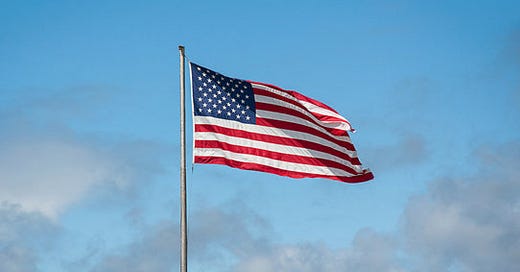The 1980 turn by the U.S. corporate elite and political establishment to neoliberal economic aggression and its subsequent post-9/11 turn to imperialist military aggression gave rise to the revitalization of fascism. These turns constituted an abandonment of the people, above all because they constituted a withdrawal from investment in the national economy, necessary for the sustainability of the working and middle classes.
The turns were driven by a short-term interest in greater control of states and economies, as well as the natural recourses, of the peripheralized zones of the world-economy. They were provoked by the contradictions of the neocolonial world-system, which were caused by the fundamental historical fact that the system had reached and overextended the geographical and ecological limits of the earth, and it was encountering increasing resistance from the neocolonized peoples. These dynamics took away the classic motor of economic expansion of the world-syst…


